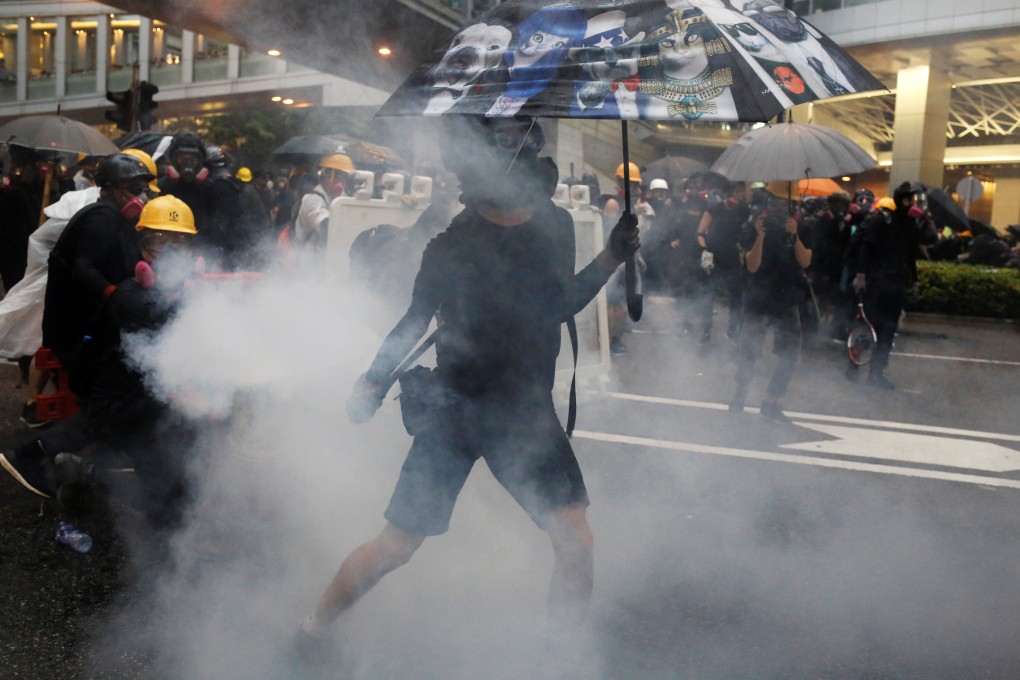Xi Jinping names ‘Hong Kong, Macau and Taiwan’ as a risk for the Chinese Communist Party
- Chinese leader warns officials to be ready to ‘struggle against’ challenge from the three regions

“Hong Kong, Macau and Taiwan” have been named by Chinese President Xi Jinping as a major risk and challenge for the Communist Party, as he warned members that they “must struggle when necessary”.
The designation came in a speech to officials on Tuesday, where Xi listed a number of challenges facing the country. He listed the three places as a single item in his list, placing it ahead of “foreign affairs” despite the global economic and strategic challenges China faces such as the trade war with the United States.
The other risks identified by the Chinese president included economics, politics, culture and the environment, according to state news agency Xinhua.
In his speech, which was delivered to hundreds of mid-career officials at the Central Party School, he said: “Cadres must be vigilant to any wind of change. They must know a deer passing by the rustle of grass and leaves, they must know the coming of a tiger by feeling the wind, they must know the arrival of autumn by the colour of one leaf.”
“[We] must know where the risks are and in what forms they will take. [We] must struggle when necessary.”
He urged the officials to ready themselves so they can “win in any struggle” and face down challenges to the Communist Party’s rule, national sovereignty and Beijing’s goal of national rejuvenation.